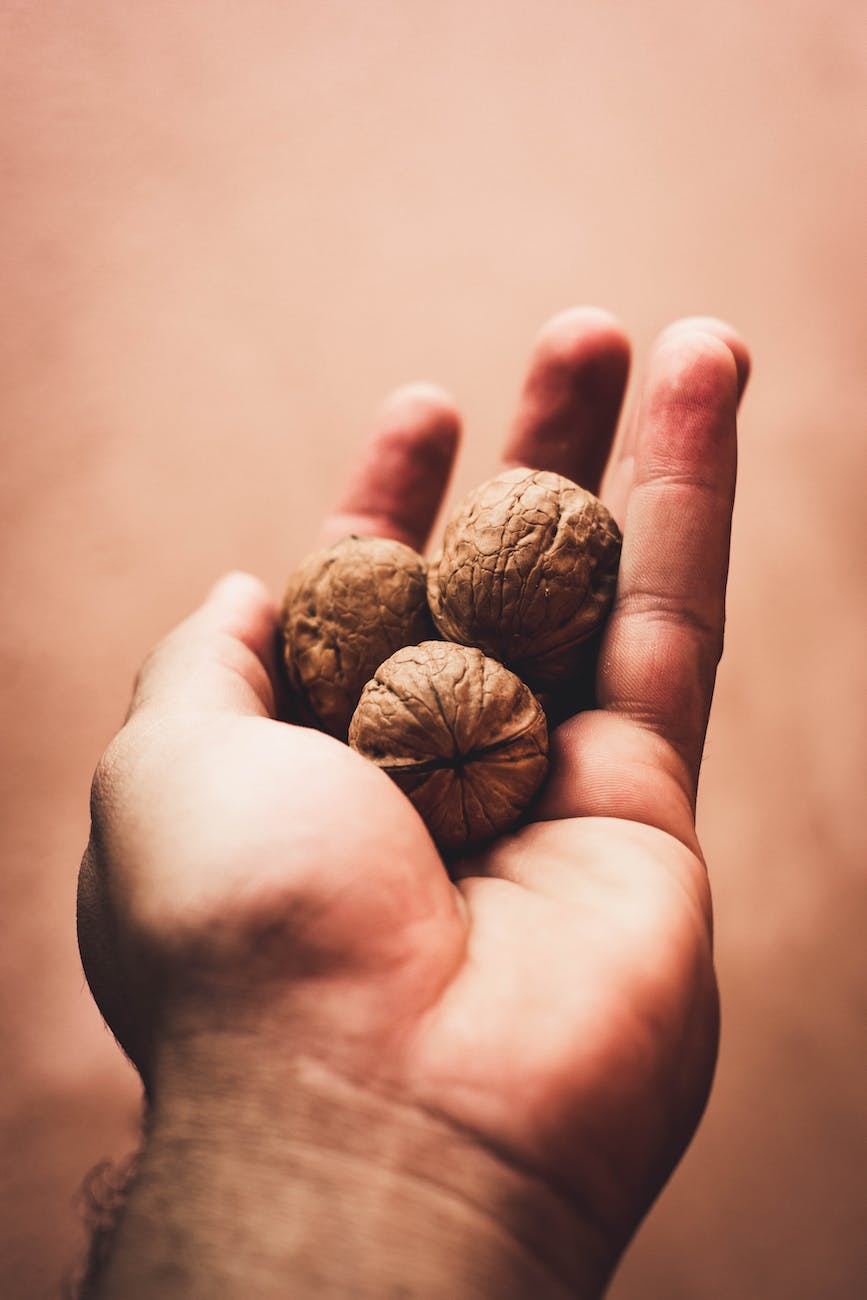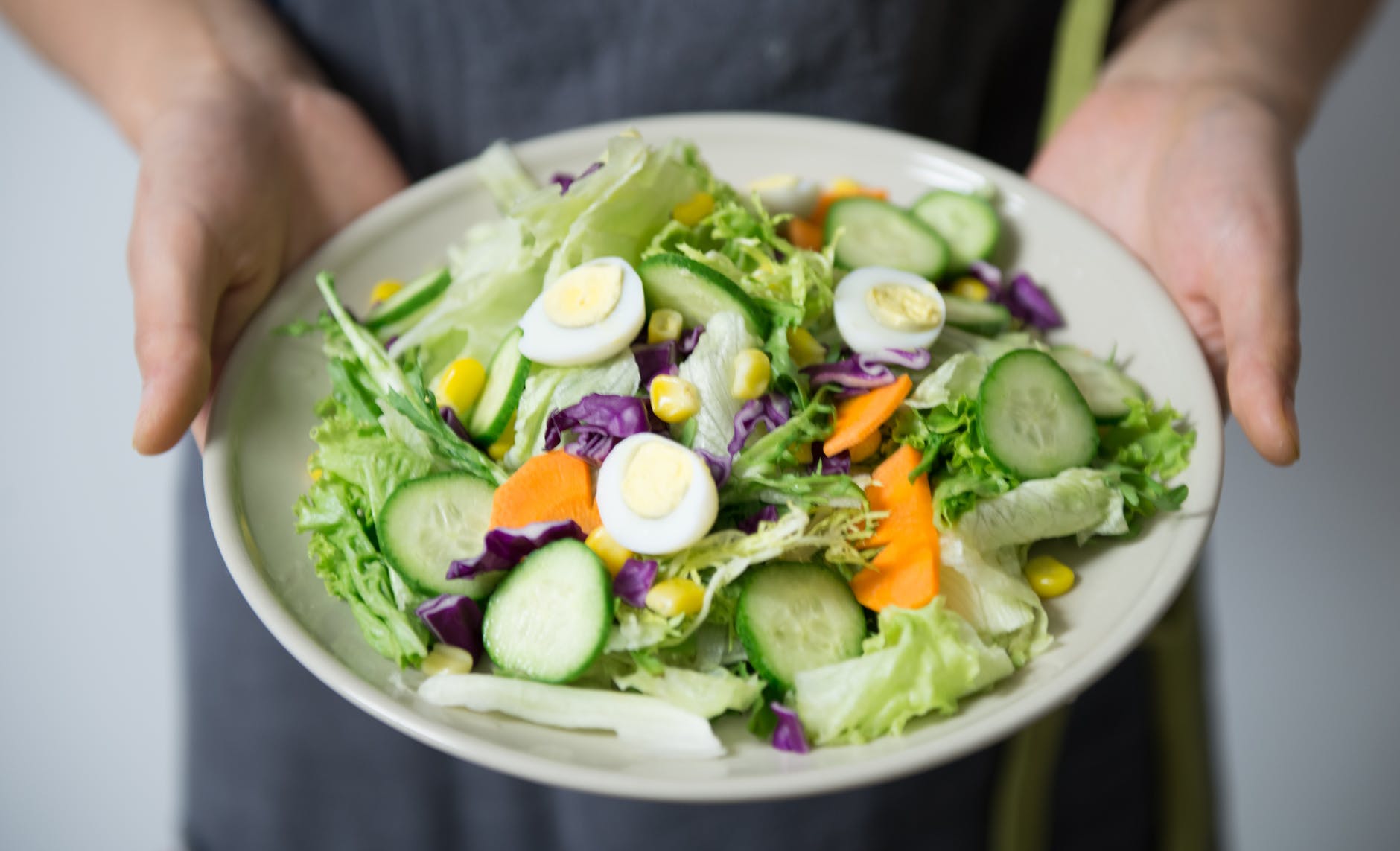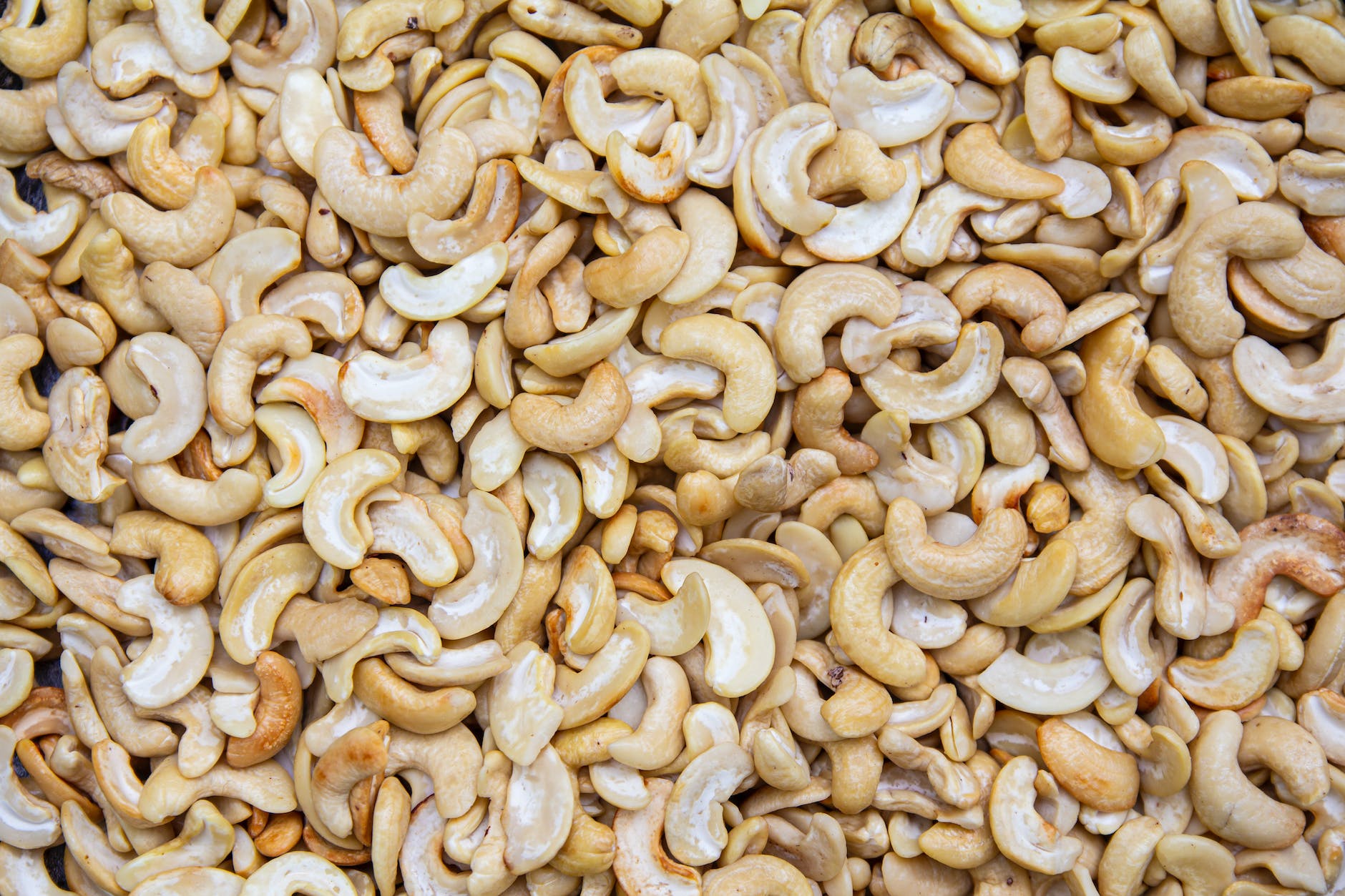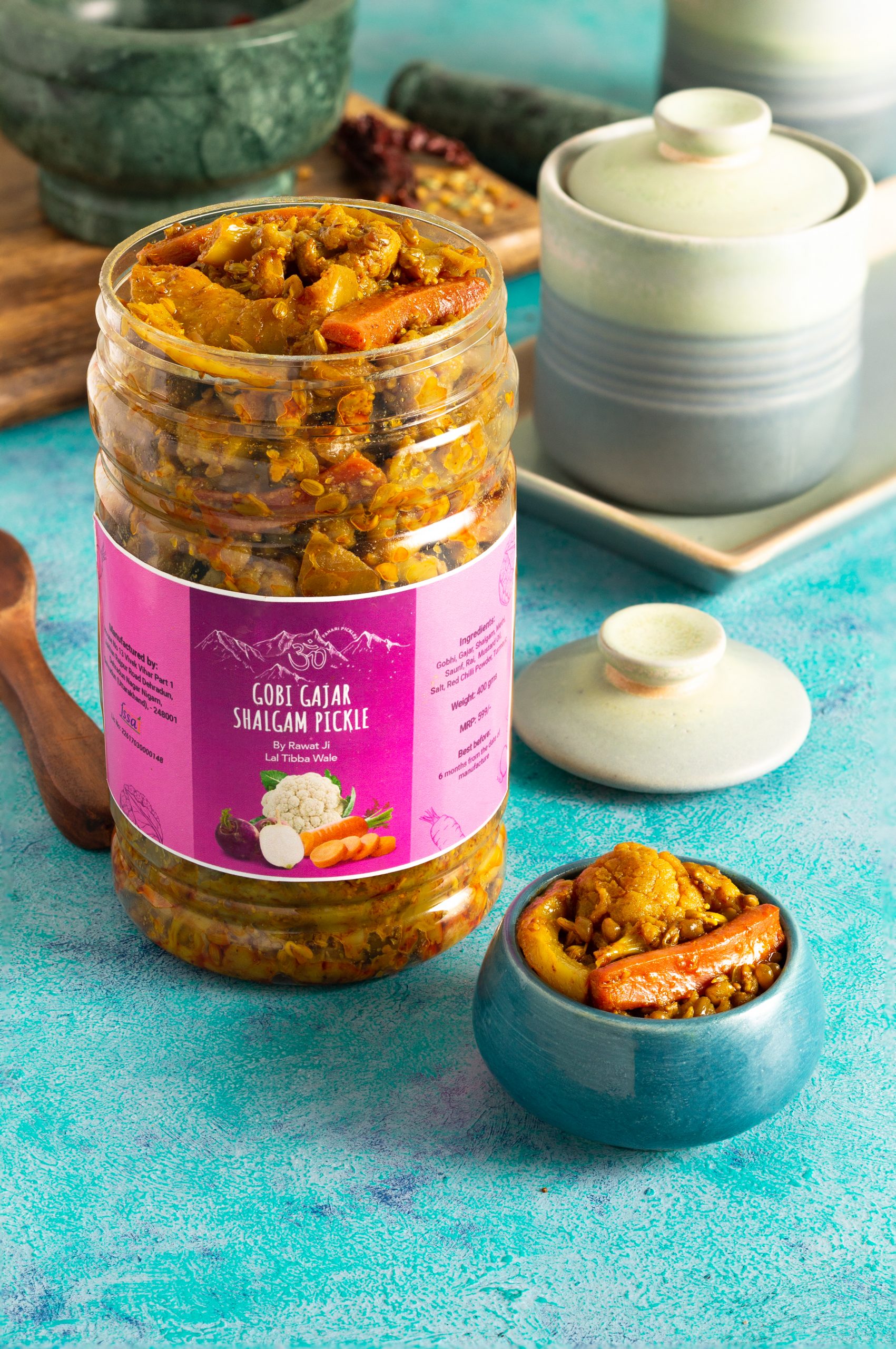
Introduction:
In the heart of ancient Persia, a gift from nature was revered not just for its unique taste but for its myriad of health benefits. This gift was the walnut. Fast forward to today, and walnuts have transcended their status from a mere delicacy to a global superfood. From the bustling streets of New York to the serene landscapes of New Zealand, walnuts have found their way into kitchens, fitness regimes, and health supplements. But what makes this nut so special? Why has it been the subject of countless studies, health articles, and grandma’s tales? In this comprehensive guide, we’ll journey through the world of walnuts, exploring their nutritional might, their role in weight management, and the plethora of health benefits they offer. By the end, you might just find yourself reaching for a handful of these crunchy wonders more often than you’d expect.
The Nutritional Profile of Walnuts:
Macronutrients:
At the core of the walnut’s appeal is its robust nutritional profile. Let’s start with the basics: macronutrients. A serving of walnuts, which is roughly a handful or about 28 grams, packs in:
- Proteins: About 4 grams. While this might not seem like a lot, the quality of protein in walnuts is noteworthy. It contains essential amino acids, the building blocks of proteins, which are crucial for muscle repair and growth.
- Fats: Approximately 18 grams. But before you raise an eyebrow, consider this: the majority of these fats are polyunsaturated and monounsaturated fats. These are the “good” fats, known to support heart health, reduce inflammation, and even aid in weight management.
- Carbohydrates: Around 4 grams, of which 2 grams are dietary fiber. This fiber is instrumental in promoting digestive health, regulating blood sugar, and keeping you full for longer.
Micronutrients:
Beyond the macros, walnuts are a treasure trove of essential vitamins and minerals:
- Vitamin E: A potent antioxidant, Vitamin E in walnuts is primarily gamma-tocopherol, which has been linked to heart health benefits.
- B Vitamins: Especially rich in folate, B6, and thiamin, these vitamins play a pivotal role in energy production, brain health, and even mood regulation.
- Magnesium: Essential for muscle function, nerve function, and bone health, a serving of walnuts provides about 45 mg of this crucial mineral.
- Phosphorus, Zinc, and Iron: These minerals, abundant in walnuts, support bone health, immune function, and oxygen transport, respectively.
Unique Nutritional Components:
What truly sets walnuts apart are some of their unique nutritional components:
- Antioxidants: Walnuts rank above most nuts in terms of antioxidant content. These compounds combat oxidative stress, reducing the risk of chronic diseases.
- Omega-3 Fatty Acids: Specifically, alpha-linolenic acid (ALA). This plant-based omega-3 has been linked to reduced inflammation and improved heart health.
In essence, every bite of a walnut offers a symphony of nutrients, working in harmony to support overall health. Whether you’re looking to boost your brain function, support your heart, or simply add a nutritional punch to your diet, walnuts are up to the task.
Walnuts and Weight Management:
The age-old adage, “It’s not just what you eat, but how much you eat,” rings especially true for walnuts. While they’re packed with nutrients, they’re also calorie-dense. But here’s the twist: walnuts can be an ally in weight management. Let’s explore how.
Scientific Backing:
Recent studies have illuminated the role of walnuts in weight control. One such study found that participants who included walnuts in their diet, even without calorie restrictions, experienced weight loss. The reason? It’s believed that the healthy fats in walnuts promote satiety, reducing overall calorie intake.
Appetite Regulation:
Ever noticed how a handful of walnuts can keep hunger pangs at bay? The dietary fiber in walnuts plays a role in promoting a feeling of fullness. Moreover, the polyunsaturated fats in walnuts might activate genes that reduce fat storage and improve insulin metabolism.
Myth-Busting:
Myth: “Eating walnuts will make me gain weight because they’re high in calories.” Fact: While walnuts are calorie-dense, they’re also nutrient-dense. When consumed in moderation and as part of a balanced diet, they can support weight management.
Holistic Health Benefits of Walnuts:
Beyond weight, walnuts offer a plethora of health benefits. Let’s delve into some of these.
Heart Health:
Walnuts are a heart’s best friend. Rich in alpha-linolenic acid (ALA), a plant-based omega-3, they help reduce inflammation in the arteries. Studies have shown that regular walnut consumption can lower bad cholesterol levels, potentially reducing the risk of heart disease.
Brain Function:
“Brain food” isn’t just a catchy phrase when it comes to walnuts. Their neuroprotective compounds, including vitamin E, folate, and antioxidants, support brain health. There’s emerging evidence that walnuts might even reduce the risk of neurodegenerative diseases.
Digestive Benefits:
A happy gut often leads to overall well-being. The dietary fiber in walnuts aids digestion and promotes a healthy gut environment. Regular walnut consumption can help prevent constipation and maintain a balanced gut flora.
Antioxidant Properties:
Free radicals, meet your nemesis: the walnut. Packed with powerful antioxidants, walnuts combat oxidative stress. This not only has anti-aging benefits but also reduces the risk of chronic diseases.
Incorporating Walnuts in Daily Diet:
So, you’re convinced of the benefits of walnuts. But how do you include them in your diet?
Portion Recommendations:
While it’s tempting to munch on these crunchy delights endlessly, moderation is key. A standard serving size is about a handful or 28 grams. This provides a perfect balance of nutrients without excessive calorie intake.
Recipe Ideas:
From walnut pesto pasta to walnut-studded brownies, the culinary potential of walnuts is vast. Share a range of recipes that cater to different palates. Offer breakfast bowls with walnuts, salads sprinkled with roasted walnuts, main courses with walnut sauces, and desserts that highlight the nutty flavor of walnuts.
Versatility of Walnuts:
Whether you’re sprinkling them on your oatmeal, blending them into smoothies, or adding them to savory dishes, walnuts are incredibly versatile. Discuss different ways to store, buy, and prepare walnuts to retain their nutritional value.
Cautions and Considerations:
While walnuts are a boon, it’s essential to consume them mindfully.
Allergies:
Tree nut allergies are prevalent. For those trying walnuts for the first time, it’s crucial to be aware of potential allergic reactions. Symptoms can range from mild itching to severe anaphylaxis. Always consult with a healthcare professional if unsure.
Caloric Content:
Yes, walnuts are nutrient-dense. But they’re also calorie-dense. Balancing their intake ensures you reap the benefits without overconsuming calories.
Interactions with Health Conditions:
For individuals with specific health conditions like diabetes or high cholesterol, it’s essential to understand how walnuts fit into their diet. While they offer numerous benefits, it’s always best to consult with a healthcare provider.
Walnuts in Fitness and Muscle Building:
For fitness enthusiasts and athletes, nutrition plays a pivotal role in achieving their goals. Walnuts, with their unique nutrient profile, can be a valuable addition to their diet.
Protein and Muscle Health:
While walnuts aren’t the primary source of protein, the protein they do offer is of high quality. These proteins provide essential amino acids, which are vital for muscle repair, recovery, and growth. Including walnuts in post-workout meals or snacks can aid in muscle recovery.
Energy Source:
The combination of healthy fats, proteins, and carbohydrates in walnuts makes them an excellent source of sustained energy. For those engaged in endurance sports or prolonged physical activities, walnuts can be a go-to snack. They provide the body with steady energy, preventing sudden spikes or drops in blood sugar levels.
Black Walnuts vs. English Walnuts:
When we talk about walnuts, it’s essential to recognize that there are different varieties, each with its unique characteristics.
Nutritional Differences:
- English Walnuts: These are the most common type consumed worldwide. They are known for their mild flavor and soft texture. Nutritionally, they are rich in ALA (a type of Omega-3 fatty acid), antioxidants, and phytosterols.
- Black Walnuts: These have a bolder, earthier flavor. They are harder to crack but are equally nutritious. Black walnuts have a slightly different nutrient profile, with higher protein content and unique phytonutrients.
Culinary Uses:
Given their distinct flavors, the two walnut varieties have different culinary applications. English walnuts are versatile and can be used in both sweet and savory dishes. Black walnuts, with their robust flavor, are often used in baked goods, ice creams, and specific savory dishes to add a depth of flavor.
Conclusion:
As we wrap up our comprehensive journey through the world of walnuts, one thing is clear: these humble nuts pack a punch. From aiding in weight management to supporting heart health, from boosting brain function to providing sustained energy for athletes, walnuts have proven their mettle. Their rich history, spanning cultures and centuries, is a testament to their enduring appeal. As modern science continues to unveil the myriad benefits of walnuts, it’s evident that they are not just a tasty treat but a nutritional powerhouse. So, the next time you’re looking for a snack or pondering over meal choices, remember the walnut. It’s not just food; it’s nourishment in its purest form.
Engage with Us!:
We’d love to hear from you! Have a favorite walnut recipe? Or a story about how walnuts have benefited your health? Share with us in the comments below. Join our community of walnut enthusiasts, and let’s continue the conversation.
Frequently Asked Questions (FAQs):
- What are the primary health benefits of consuming walnuts?
Walnuts are a nutritional powerhouse, offering benefits such as improved heart health, enhanced brain function, support in weight management, and a boost in overall digestive health. Their rich content of antioxidants, Omega-3 fatty acids, and essential vitamins and minerals make them a valuable addition to any diet. - How do walnuts aid in weight management?
Walnuts promote a feeling of fullness, thanks to their dietary fiber and healthy fat content. This can lead to reduced overall calorie intake. Additionally, certain studies suggest that the fats in walnuts might activate genes that reduce fat storage and improve insulin metabolism. - Are there different types of walnuts?
Yes, the two primary types of walnuts consumed are English walnuts and Black walnuts. While both are nutritious, they have distinct flavors and slightly different nutrient profiles. English walnuts are milder and more commonly consumed, while Black walnuts have a robust, earthy flavor. - How can I incorporate walnuts into my daily diet?
Walnuts are incredibly versatile. You can add them to your morning cereal, blend them into smoothies, use them in baking, or simply enjoy them as a snack. They can also be incorporated into salads, main dishes, and even desserts. - Is there a recommended daily serving size for walnuts?
A standard serving size is about a handful or approximately 28 grams. This provides a balanced intake of nutrients without excessive calorie consumption. However, individual needs might vary, so it’s always good to consult with a nutritionist or healthcare provider. - Do walnuts have any side effects or interactions?
While walnuts are generally safe for most people, those with tree nut allergies should exercise caution. Additionally, given their calorie density, it’s essential to consume them in moderation. If you have specific health conditions, it’s always best to consult with a healthcare provider before making significant changes to your diet. - How do walnuts compare to other nuts in terms of nutrition?
While all nuts offer health benefits, walnuts stand out due to their high antioxidant content and the specific type of Omega-3 fatty acid they contain (ALA). They also have a unique combination of vitamins and minerals that support various aspects of health.
Blog Tags:
Walnuts, Nutritional Benefits, Weight Management, Heart Health, Brain Function, Dietary Fiber, Omega-3 Fatty Acids, Antioxidants, Digestive Health, English Walnuts, Black Walnuts, Healthy Snacking, Nut Allergies, Culinary Uses, Muscle Health, Fitness Nutrition, Natural Superfoods, Plant-Based Diet, Holistic Health, Nut Recipes.













